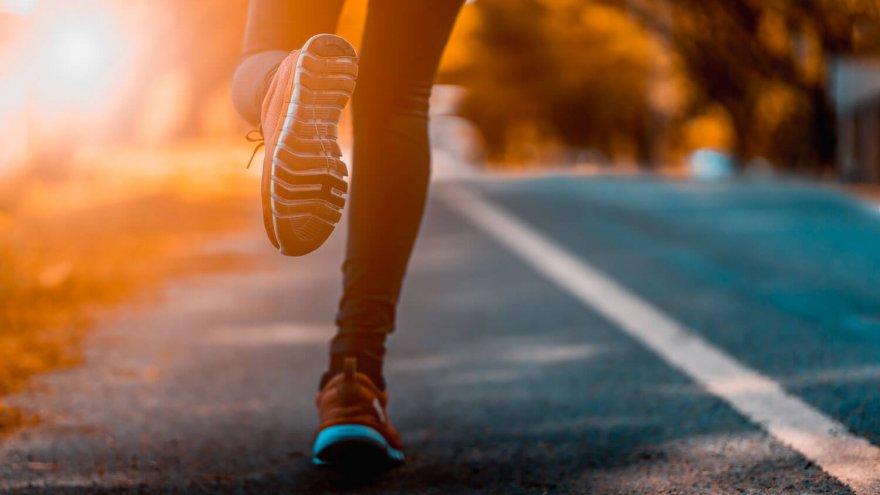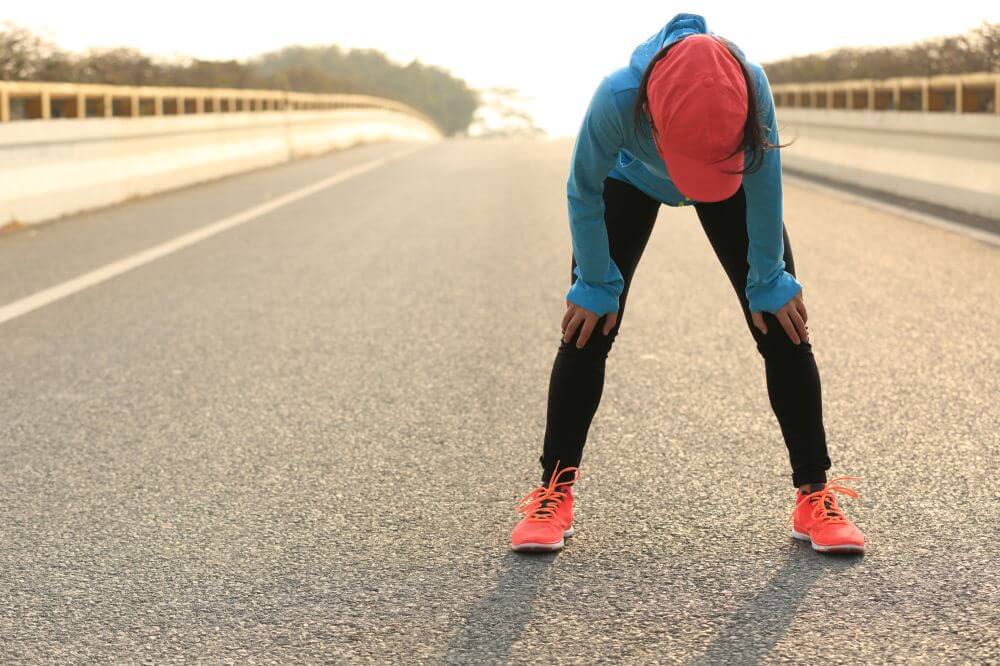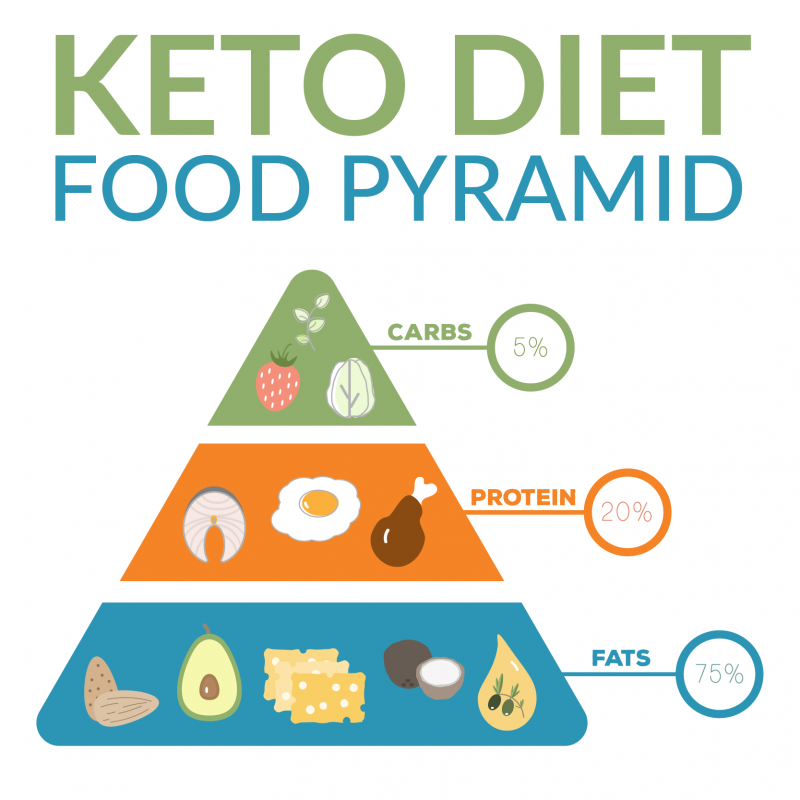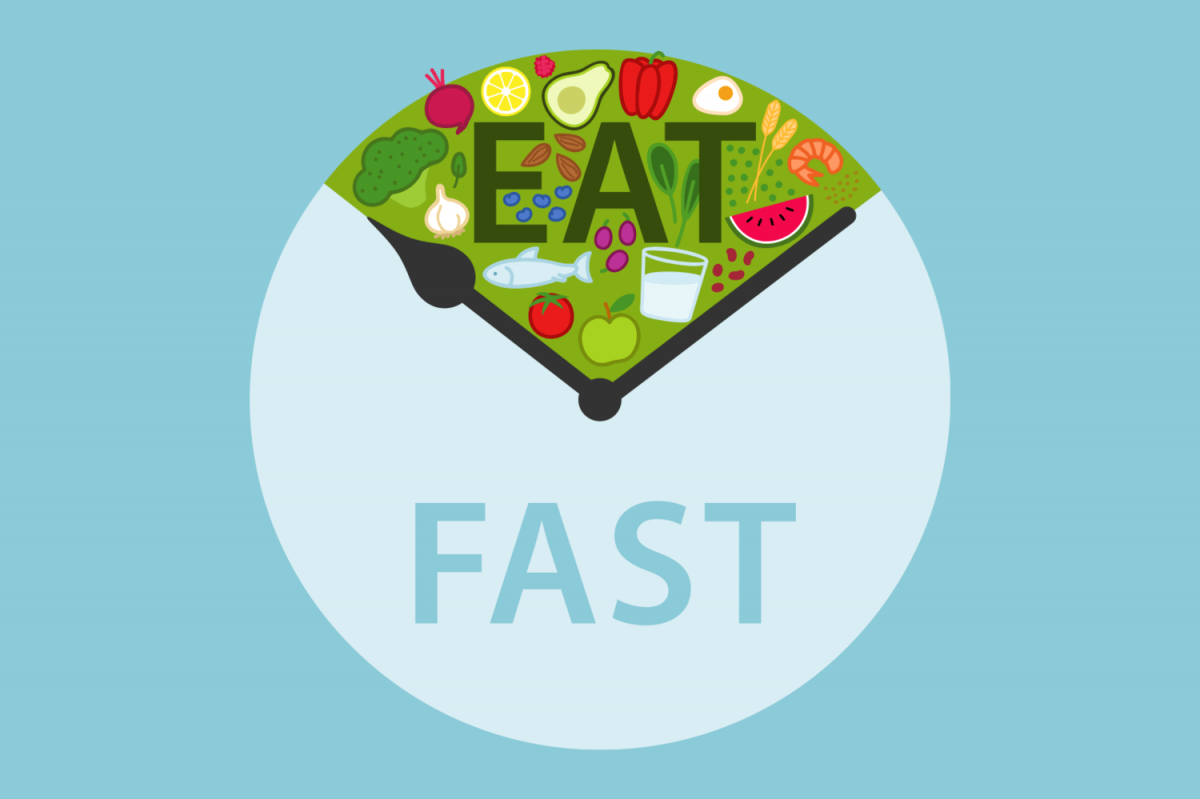The Truth About Glycogen Depletion And Running

Did you know that glycogen plays a huge role in your body and performance for exercise? Since your body requires energy to move and fuel, you either pull from the food you have recently consumed or from stores within your body.
There is a balancing act that can occur to keep the human body operating at potential, depending on what the person’s goals are. That is what we will discuss here today: food as fuel, glycogen stores in the body, glycogen depletion, and alternate fuel sources.
Who knew there was so much to think about?
Glycogen Production
When we eat carbohydrates, our body turns those carbs into a fuel called glucose. The glucose is then turned into glycogen so it can be stored within your body. Stored within your muscles and liver, glycogen is crucial for energy production. But let’s back up the train a little bit.
- When you eat a meal heavy in carbs, your glucose levels will rise.
- As your glucose rises, it signals the pancreas to produce more insulin.
- Insulin helps your body to take insulin from the blood and use it for energy.
- It is the insulin that triggers the body to cause the glucose to become glycogen.
- Glycogen can then be sent to areas, such as muscles and your liver, to be stored for energy.
How Long Does It Take To Deplete Your Glycogen Stores?
Any type of intense physical activity helps you to deplete your glycogen stores. If you consume carbohydrates it is pretty simple how you can restore the glycogen.
If you have ever asked yourself, “How long does glycogen last?”, you are not alone. If you are just tooling along at an easy pace you burn about one gram of glycogen a minute. At an “endurance pace” you burn about two grams a minute. However, when you are racing, you may find you are burning three grams of glycogen each minute.

So when you are wondering how long it takes to deplete your glycogen stores, it really does depend on the intensity of the activity you are engaging in.
Each person has about 2,000 calories of stored glycogen at any given time which equals between 350 – 500 grams. Your liver stores about 80% of this and the rest is housed in the muscles of your body.
Most people start to deplete their glycogen stores somewhere after one hour and forty-five minutes, with two plus hours of activity being the point where people are most likely to hit the wall.
What Happens When You Run Out Of Glycogen Stores?
Those wondering about glycogen depletion, are pondering an excellent question. Once an athlete has depleted their glycogen stores, the gas tank is empty. As your glycogen stores run low, your body will start to react.
Adapted to survive, that is why your body starts to feel tired and you naturally start to slow down while you try to conserve energy.
Known as “bonking” in the distance running world, you want to try to prevent this from happening at all costs. This is why most runners fuel by taking in some calories for every 45 minutes they are exercising if the workout is more than 60 or 90 minutes long.
These fueling sessions are usually done not by eating “real food;” rather, by consuming energy gels, blocks or snacks that are small, portable, easy to digest and made specifically for runners.
Does Running Burn Fat Or Glycogen?
An amazing machine, your body has the ability to burn both fat and carbs in order to fuel your body and give it the energy it needs. If you ask it what it wants, your body will likely prefer carbs because they burn quickly and efficiently into fuel.
However, you can train your body to burn fat. Burning fat instead of carbs is preferred by some people, especially those trying to lose weight.
Most people are shocked to find that they burn more fat during lower-intensity physical activities than during higher-intensity counterparts. Also, the longer you are engaged in low-intensity activity, the more fat you are likely to burn. Lastly, being in overall good physical condition increases the likelihood that your body will work well burning fat.

If you are trying to train your body to burn fat or become “fat adapted,” you likely are taking in fewer carbs than other athletes. Increasing in popularity is the keto or ketogenic diet where people eat very low carb.
Of course, this isn’t the low carb of the Adkin’s diet that had people mowing down bacon with a side of bacon. Rather, a keto diet stresses healthy fats such as those derived from fish, olives, nuts and avocados.
Does Fasting Deplete Muscle Glycogen?
If you fast before you exercise, you are going to deplete your muscles of glycogen at a lower rate than if you had eaten. In other words, you are not depleting your muscles of glycogen simply by not eating all night while you sleep, then working out on an empty stomach.

If you are using intermittent fasting, however, you could find your muscles deplete quicker than normal. Those who diet via intermittent fasting squeeze an entire day’s worth of eating in a shorter window of time. Their eating window may be anywhere from 6 – 10 hours.
If that seems like a very big disparity that may yield very different results and impacts on the body, you are absolutely right. Just like no two people are alike no two bodies reach to fasting the same.
Low Carb Elite Athletes?
Although it does seem to go against convention which has endurance athletes eating a whole lot of carbs, there are many athletes who fuel their body low carb.
A real shifting in sports nutrition, these athletes have found that their bodies run very well and efficiently with this type of eating. If you are fascinated by the world of elite ultra-marathoners, study up on Zach Bitter. The record holder in the 100 miler, he eats almost no carbs.
Should Everyone Give Up Carbs?
That is not to imply that runners should all throw away their bagels and baked potatoes. Most athletes might benefit from striking some kind of balance between using a long run as an excuse to down an entire cake, and may find that fueling with more natural carbohydrates such as sweet potatoes and steel cut oatmeal leads to overall well being.
It’s a delicate balance, figuring out how your body will perform at its best. Practice your fueling. Investigate what other runners eat. Try to eat more real food and less processed food. See how your body reacts and if there is a positive or negative impact on your running. What have you got to lose?
Sources
- , Burning Fat Vs. Glycogen, Heatlh Mag
- , Everything You Need to Know About Glycogen, Sports Website
Latest Articles
 Is Running on a Treadmill Easier Than Running Outside?Runners have their own preferences, whether it is treadmill running, running outside on the road, or exploring trails. So...
Is Running on a Treadmill Easier Than Running Outside?Runners have their own preferences, whether it is treadmill running, running outside on the road, or exploring trails. So... Is It OK to Use Trail Running Shoes on the Road?While trail running shoes can be used on roads, especially in situations where a runner encounters mixed terrains or pref...
Is It OK to Use Trail Running Shoes on the Road?While trail running shoes can be used on roads, especially in situations where a runner encounters mixed terrains or pref... How to Fix Sore Quads After Running?Rest, ice, gentle stretching, and over-the-counter pain relievers can help soothe sore quads after running. Also, ensure ...
How to Fix Sore Quads After Running?Rest, ice, gentle stretching, and over-the-counter pain relievers can help soothe sore quads after running. Also, ensure ... 10 Fruits With The Most Electrolytes to Replace Sports DrinksThese fruits are high in electrolytes such as potassium, magnesium, and calcium, essential for hydration, muscle function...
10 Fruits With The Most Electrolytes to Replace Sports DrinksThese fruits are high in electrolytes such as potassium, magnesium, and calcium, essential for hydration, muscle function...

